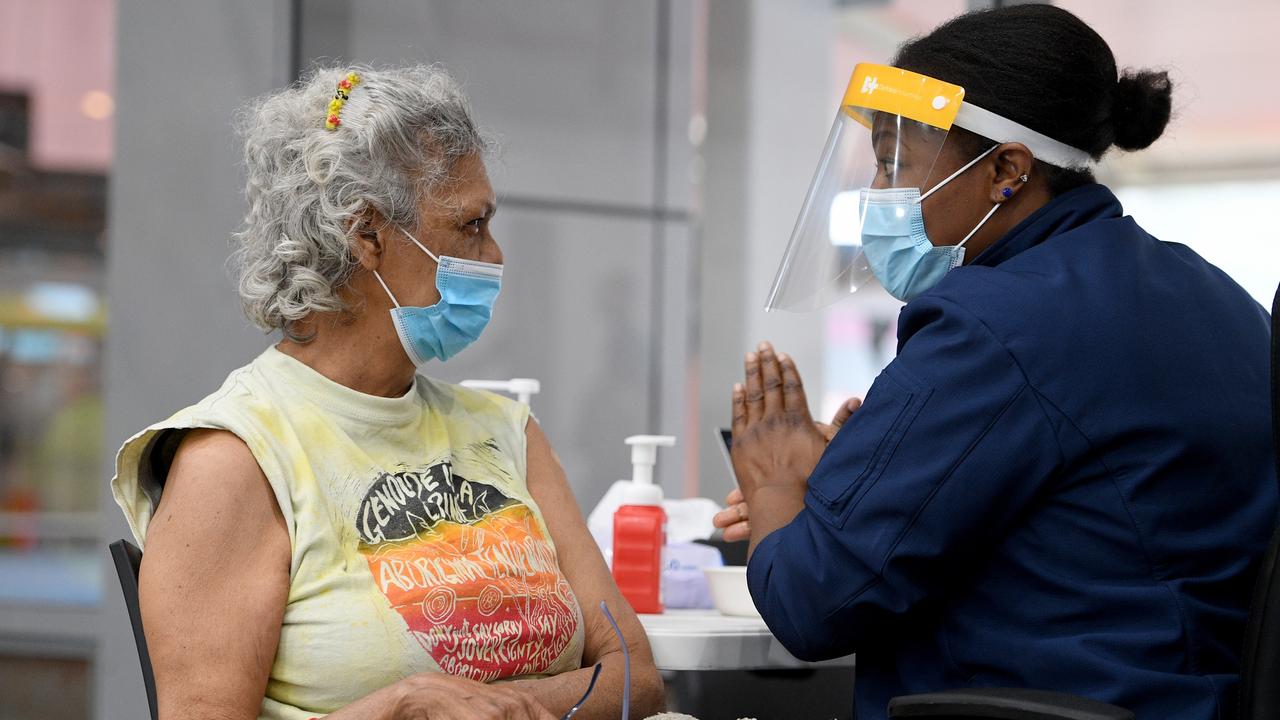Life a year since he was brought back to life after heart stops beating for 40 minutes
Graeme Webb was clinically dead for more than 40 minutes. A year on, the Hammondville man who has been dubbed the Miracle Man, relives his story and talks about how life has changed.
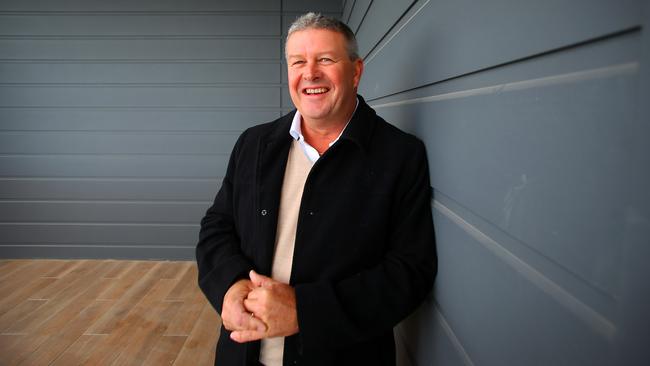
Southwest
Don't miss out on the headlines from Southwest. Followed categories will be added to My News.
- Brought back to life after 40 minutes
- Journey from clinically dead to running a marathon
- Heart attack survivor “saw the light”
- Boy, 10, saves little brother with CPR learned at school
Graeme Webb was clinically dead for more than 40 minutes.
A year on, the Hammondville man, who has been dubbed the Miracle Man, relives his story and talks about how his life has changed.
After suffering a heart attack and going into cardiac arrest in the Liverpool Hospital emergency department, he doesn’t remember much at all until a few days later.
The father of two said he had more than three months off work and was back for six weeks when he took a redundancy after 32 years as a data manager with Australia Post.
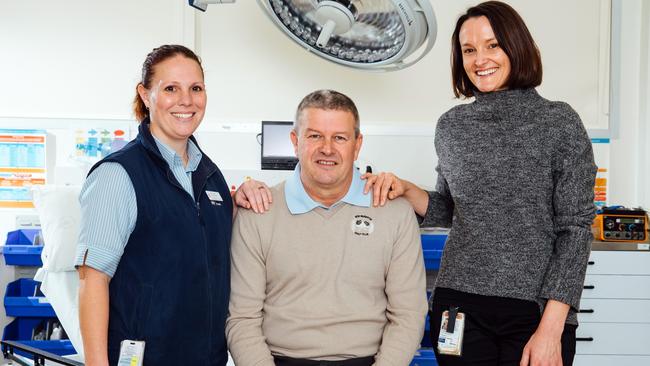
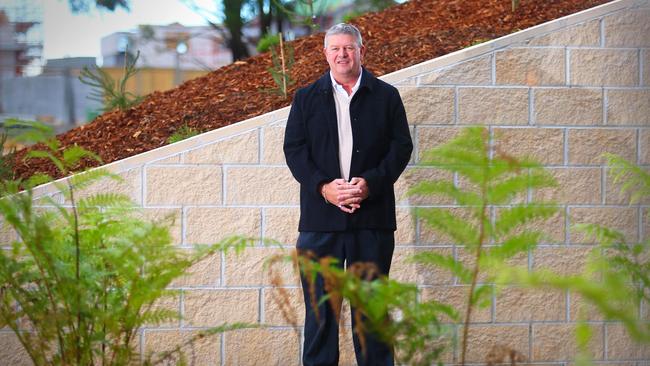
“I’ve got plenty of time for golf, my family ... I’m semi-retired,” he said.
“Aside from drinking more water, and eating healthier, I’m not really doing anything differently.
“But I’m mentally scarred from what happened — I don’t think I’ll ever get over that.”
Mr Webb was hooked up to the LUCAS 2 machine, a $21,000 piece of equipment still not available in every NSW hospital. It maintains CPR and is able to determine chest depth needed, more accurately than having staff rotate every couple of minutes.
The cardiologist was shocked Mr Webb was awake the next day and speaking.
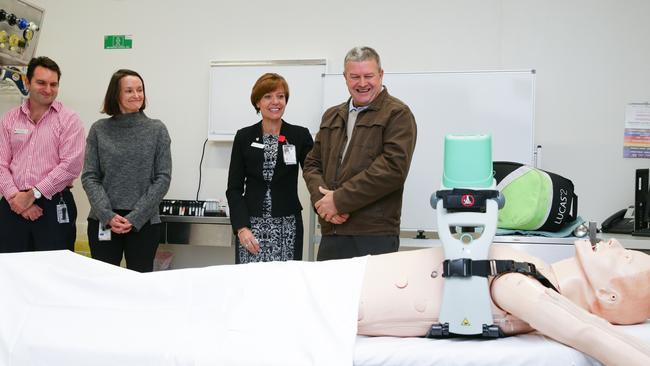
“If that machine wasn’t there, I’m sure they would have stopped CPR and I wouldn’t be here,” Mr Webb said.
“When I wake up in the morning now, I feel grateful.”
The $21,000 LUCAS 2 machine which brought him back to life was donated in 2015 by three hospital auxiliaries — Busby, Liverpool Hospital and Moorebank-Chipping Norton.
Hospital general manager Robynne Cooke thanked the auxiliaries for the donation at the time.
“This is a great example of fundraising by our auxiliaries really making a difference to the lives of our patients and to the services we are able to provide,” Ms Cooke said.

